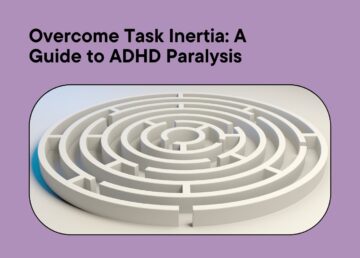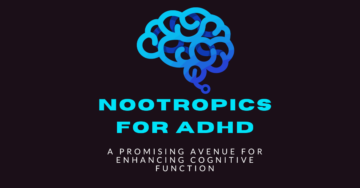
You’ve heard people talk about CBT… but what exactly is it?
Cognitive behavioral therapy (CBT) is one of the most widely used treatments for mental health conditions, and with good reason. CBT outperforms most treatments for anxiety disorders and can also be used for depression, phobias, and other common disorders.
In fact, CBT is so powerful that we’ve built our application around it. A lot of “real world” mental health services do the same.
CBT works by breaking down seemingly overwhelming feelings and emotions by breaking them down into smaller, more manageable issues. In general, problems are broken down into situations, thoughts, emotions, physical feelings, and actions.
The goal of CBT is to look at how these areas are interconnected and how they can affect each other. For example, your thoughts about a situation might make you anxious and lead to physical feelings and actions taken to mitigate them.
One important aspect of CBT is to try to identify negative thought cycles to stop them before they become a problem. It’s known for being practical, structured, and self-led in collaboration with a therapist or mental health professional.
There are a few main reasons why CBT is so effective:
- Accessibility: Most mental health services offer some form of CBT support.
- Faster results: No form of therapy can lead to overnight recovery, but CBT tends to show results faster than other techniques.
- Skill-based: CBT is all about developing skills you can use in the future to cope with your mental health conditions.
- Easily adaptable: CBT can be used across a variety of conditions, including depression, social phobias, anxiety, panic, bulimia, and PTSD.
CBT can be particularly effective for applications and self-guided therapy because it provides you with clear guidelines that explain exactly what you need to do and why you need to do it.
By helping you understand why you’re doing the tasks you’re assigned, CBT can make it more likely that you’ll adhere to your treatment plan. It can also mean that you’re more engaged with it and that you witness greater benefits.
Remember that the goal of CBT is to provide education to people so that they can continue to treat themselves over time. Even when sessions are led by a qualified counselor, it’s all about education so that they can continue their journey to a calmer mind once the sessions are over.




